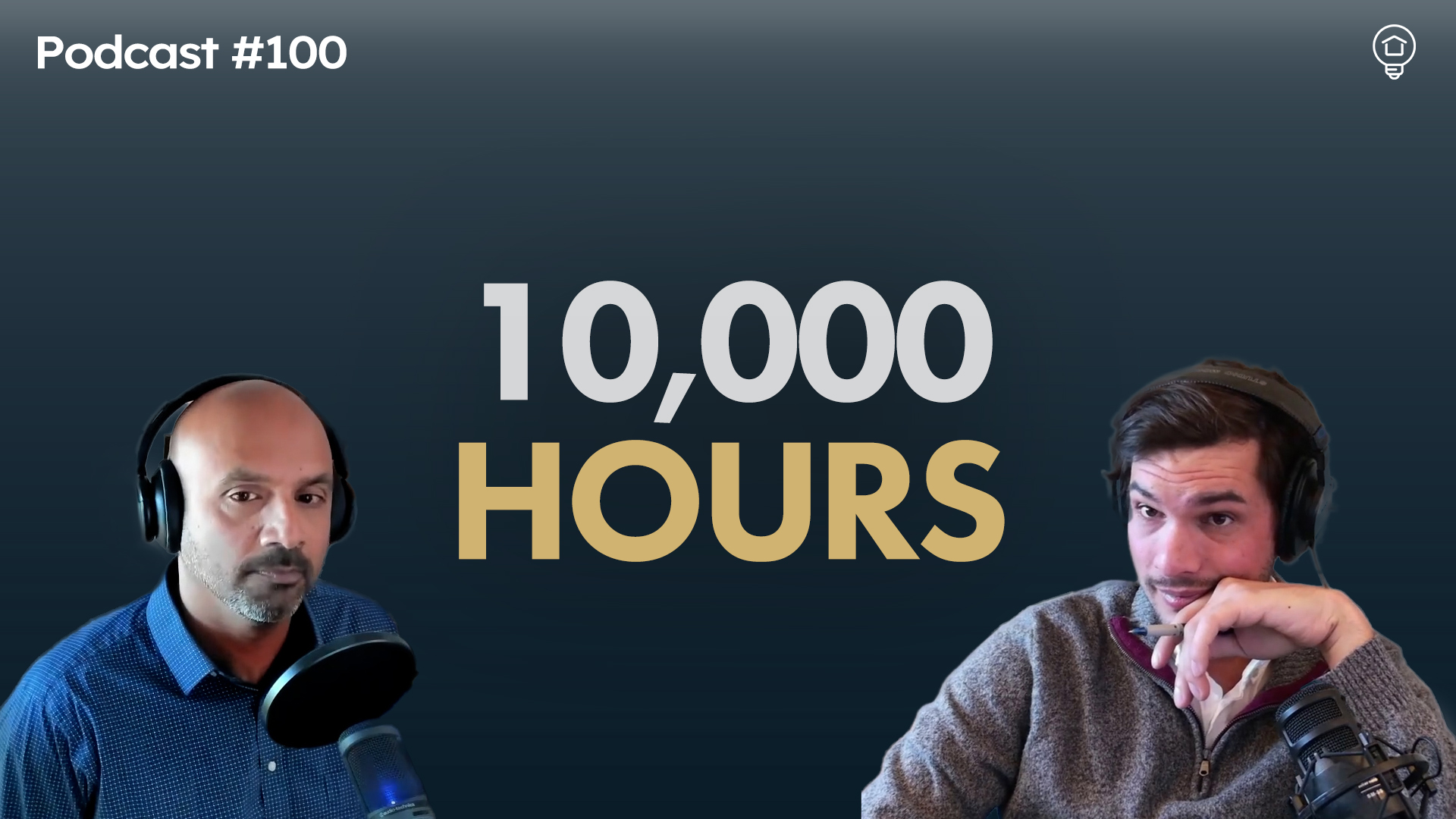Why The Downside Is Limited
by Osman Parvez
—-
A few comments have suggested that my recent downside estimate for the Boulder market was too shallow. If you’re sitting on the sidelines looking for our local (or broader regional) market to collapse like the former bubbles, you’ll probably be disappointed. Here’s why.
Enter the wayback machine and look at my post from two years ago comparing the Denver market with bubble markets. After showing you how these markets compare and overlaying trends, I wrote:
Thus, more support for the notion there’s no housing bubble in Boulder or Denver. Even so, we will still be impacted from the deflation impacting other real estate markets. For buyers/investors, this could actually be a good thing. Just like the stock market, short term fluctuations in prices are largely psychological and not based on the most important determinant of price – fundamental intrinsic value. In the next few months, there may be very good opportunities ahead for the value investor or home buyer with a reasonable holding period.
I was right about the region seeing less impact, but I partially wrong about the timing. Boulder’s market continued to see relative strength. While Denver saw more of the cooling, in Boulder, we’re only now starting to feel a lull in sales volume and prices.
The fundamentals of the downside calculation have also changed. Instead of psychology, we’re now looking at tighter lending standards shrinking the pool of buyers (rightfully so) and unpredictable regional effects of a national economic recession. To point, this morning Frontier Airlines filed for bankruptcy protection.
Remember, in a normal (i.e., non speculative, non bubble) market jobs are the #1 driver for real estate values. In the last year (perhaps longer), Colorado has been lower than average unemployment by about 1%. We’re also much more diversified than during previous recessions and are continuing to attract employers (i.e. ConocoPhillips). Add this to the fact that we didn’t see a massive speculative bubble and you have the basis for my conclusion, the downside scenario is relatively limited, that is to say much shorter and less deep than former bubble markets.
Don’t take my word for it. Here’s Calculated Risk with a recent post on Denver:
…all areas aren’t the same; price action can be different neighborhood by neighborhood.
And Denver did not see much house appreciation compared to many other cities, so prices will probably not fall as far either
And here’s a chart from CR showing Denver versus LA using the Case-Shiller Real Price Index
And while we’re linking away, be sure to check out the US News article on Denver. Take a look at the very cool map showing appreciation rates by neighborhood. It’s quite the mosaic of ups and downs. Why did some appreciate while others decline in value?
In Denver specifically, what we’re seeing is there are some neighborhoods that are very valuable—old historic neighborhoods. Their values have historically held up just because there is a limited supply. They are located very centrally, and they are in fairly affluent areas.
image credits: Calculated Risk, Integrated Asset Services
—-
Want to get blog updates via email? Click HERE.
Ready to buy or sell? Schedule an appointment or call 303.746.6896.
You can also like our Facebook page or follow us on Twitter.
As always, your referrals are deeply appreciated.
—
The ideas and strategies described in this blog are the opinion of the writer and subject to business, economic, and competitive uncertainties. We strongly recommend conducting rigorous due diligence and obtaining professional advice before buying or selling real estate.
Why The Downside Is Limited
by Osman Parvez
—-
A few comments have suggested that my recent downside estimate for the Boulder market was too shallow. If you’re sitting on the sidelines looking for our local (or broader regional) market to collapse like the former bubbles, you’ll probably be disappointed. Here’s why.
Enter the wayback machine and look at my post from two years ago comparing the Denver market with bubble markets. After showing you how these markets compare and overlaying trends, I wrote:
Thus, more support for the notion there’s no housing bubble in Boulder or Denver. Even so, we will still be impacted from the deflation impacting other real estate markets. For buyers/investors, this could actually be a good thing. Just like the stock market, short term fluctuations in prices are largely psychological and not based on the most important determinant of price – fundamental intrinsic value. In the next few months, there may be very good opportunities ahead for the value investor or home buyer with a reasonable holding period.
I was right about the region seeing less impact, but I partially wrong about the timing. Boulder’s market continued to see relative strength. While Denver saw more of the cooling, in Boulder, we’re only now starting to feel a lull in sales volume and prices.
The fundamentals of the downside calculation have also changed. Instead of psychology, we’re now looking at tighter lending standards shrinking the pool of buyers (rightfully so) and unpredictable regional effects of a national economic recession. To point, this morning Frontier Airlines filed for bankruptcy protection.
Remember, in a normal (i.e., non speculative, non bubble) market jobs are the #1 driver for real estate values. In the last year (perhaps longer), Colorado has been lower than average unemployment by about 1%. We’re also much more diversified than during previous recessions and are continuing to attract employers (i.e. ConocoPhillips). Add this to the fact that we didn’t see a massive speculative bubble and you have the basis for my conclusion, the downside scenario is relatively limited, that is to say much shorter and less deep than former bubble markets.
Don’t take my word for it. Here’s Calculated Risk with a recent post on Denver:
…all areas aren’t the same; price action can be different neighborhood by neighborhood.
And Denver did not see much house appreciation compared to many other cities, so prices will probably not fall as far either
And here’s a chart from CR showing Denver versus LA using the Case-Shiller Real Price Index
And while we’re linking away, be sure to check out the US News article on Denver. Take a look at the very cool map showing appreciation rates by neighborhood. It’s quite the mosaic of ups and downs. Why did some appreciate while others decline in value?
In Denver specifically, what we’re seeing is there are some neighborhoods that are very valuable—old historic neighborhoods. Their values have historically held up just because there is a limited supply. They are located very centrally, and they are in fairly affluent areas.
image credits: Calculated Risk, Integrated Asset Services
—-
Want to get blog updates via email? Click HERE.
Ready to buy or sell? Schedule an appointment or call 303.746.6896.
You can also like our Facebook page or follow us on Twitter.
As always, your referrals are deeply appreciated.
—
The ideas and strategies described in this blog are the opinion of the writer and subject to business, economic, and competitive uncertainties. We strongly recommend conducting rigorous due diligence and obtaining professional advice before buying or selling real estate.
Share This Listing!
More about the author
Osman Parvez
Owner & Broker at House Einstein as well as primary author of the House Einstein blog with over 1,200 published articles about Boulder real estate. His work has appeared in the Wall Street Journal and Daily Camera.
Osman is the primary author of the House Einstein blog with over 1,200 published articles about Boulder real estate. His work has also appeared in many other blogs about Boulder as well as mainstream newspapers, including the Wall Street Journal and Daily Camera. Learn more about Osman.
Work with
House Einstein
Thinking about buying or selling and want professional advice?
Call us at 303.746.6896
Your referrals are deeply appreciated.















